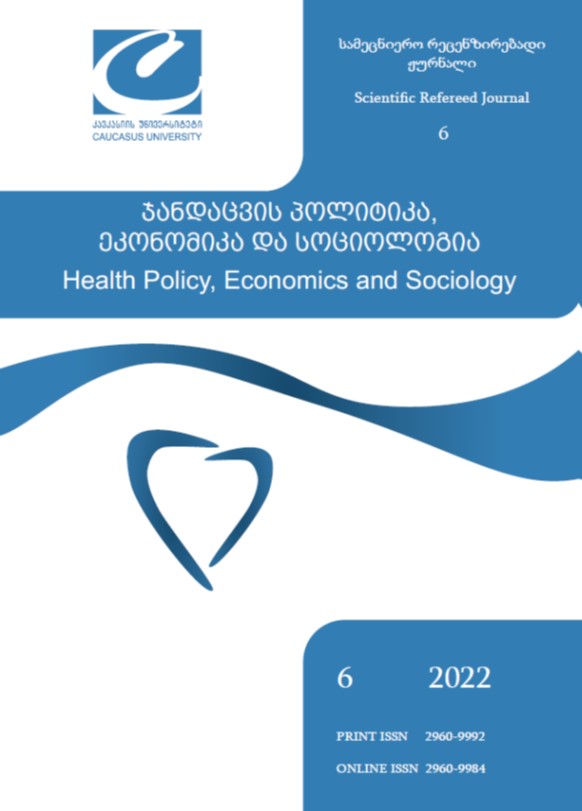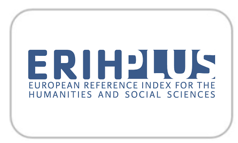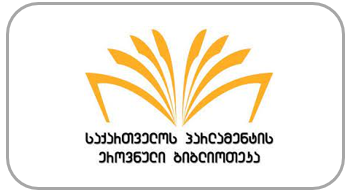assessment of the impact of social determinants on abortion in georgia
Keywords:
Abortion, reproductive health, family planningAbstract
Introduction. Abortion is still considered as a one of the most required medical service in low-and middle-income countries which is influenced by social factors. The purpose of this research is to reveal correlation between abortion rate and different type of social determinants in Georgia and to determine women’s knowledge and attitude around abortion. Methodology. Using of a pre-made questionnaire and quantitative research methods the randomly selected women of reproductive age were interviewed. As a survey objects was selected women of reproductive age (18-49 year). Results. social determinants, like level of income, different type of availability of primary health care services (geographical, financial, cultural, linguistic, etc), level of education, living environment and other factors has an impact on the abortion rate. women of reproductive age have insufficient information about negative sides of abortion and their attitude around this topic is quite loyal. Recommendations. It is important to enhance the culture of providing family planning services, support of the state and medical personnel to raise the level of awareness and education of women of reproductive age about possible side effects and complications after abortion. The state should ensure that education about sexual and reproductive health need to be provided from school age.
Downloads
Published
How to Cite
Issue
Section
License

This work is licensed under a Creative Commons Attribution-ShareAlike 4.0 International License.













